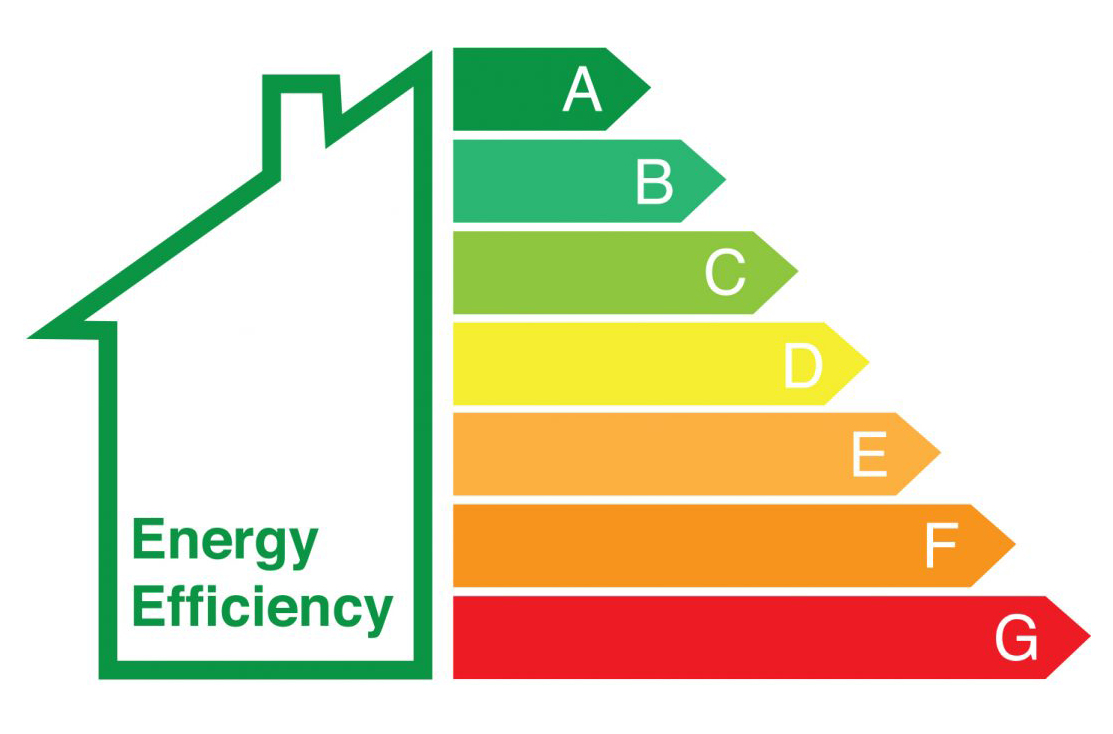
Currently most of the energy used in buildings is from non-renewable, fossil fuel resources. On the other hand, the building sector also has the highest potential for energy efficiency. With rising demand for fossil fuels coupled with uncertainty over the availability of fossil fuels in the future, rising concerns over energy security (both for general supply and specific needs of facilities), and the potential that buildup of greenhouse gases may be causing undesirable impacts on the global climate, it is essential to find ways to reduce load, increase efficiency, and utilize renewable energy resources in all types of facilities.
Energy audits provide owners with a comprehensive understanding of building energy use. The purpose of energy auditing is to understand the opportunities to reduce energy consumption & cost. As experts in the sustainable operation of existing buildings, our staff members are skilled at meticulously analyzing no-cost and low-cost operational improvements and capital retrofits for HVAC systems and controls, building envelopes and lighting systems and controls.
An energy analysis can identify the sources of problems that waste energy, create poor indoor air quality, or reduce the comfort in the structure. It provides recommendations for improving the quality of the structure, maximizing the efficiency of existing equipment, and other means for reducing energy, water and resource use and enhancing indoor environmental quality.
Our experienced team of Certified Energy Managers and Certified Energy Auditors, have carried out audits for ranging from ASHRAE Level I site walks to the most sophisticated investment grade audits, backed by whole-building energy modeling and measurement and verification studies.
Buildings account for nearly 40 percent of total energy usage worldwide and up to 38 percent of global CO2 emissions. Green buildings use 30 percent less energy than conventional buildings and research indicates that every US$1 invested into energy efficiency avoids more than US$2 in energy supply costs. In order to remain competitive, it is crucial to identify technologies, tools and systems that your buildings can leverage to drive down energy costs and realize these savings. Other commercial energy audit benefits include:
- Save on energy costs – and strengthen your competitiveness.
- Make your processes more transparent – and ensure continuous improvement.
- Raise energy awareness – among your employees.
- Lay the technical foundation – for establishing an energy management system later.
- Gain a reliable partner – with an excellent international reputation.
Our energy assessment experts support you in performing energy audits standards to create transparency and tap into opportunities for energy saving. Core GBC has extensive experience in practice and can support you throughout the world.
Our services include:
- Preliminary contact to agree on the site, scope and the required resources
- Start-up meetings to brief all parties involved about the process, schedule and methodology
- Measurement plans
- Site visits
- Performance of additional measurements
- Collection of data to determine the total energy consumption, the energy consumption of relevant consumers and energy performance indicators
- Analysis of the existing energy performance situation
- Development of possible energy-saving actions (e.g., by reducing and recovering energy losses, promoting energy awareness, changing behaviors)
- Preparation of an energy audit report; final meeting
- In-depth advisory on energy performance and energy efficiency, including advisory of an expert team on detailed issues concerning the technical and economic feasibility and the break-even point of the actions taken
Energy management is the key to saving energy and stems from the current challenges faced globally in terms of climate change, rising energy costs and consumptions and emissions targets. Platinum provides a wider range of energy management services, from energy management plans to energy auditing and verifications. Our internationally certified energy managers, auditors and measurement and verification professionals apply their vast expertise and international knowledge to highly complex situations to provide simple solutions.







